Russian law is a complex and multifaceted system that has evolved significantly since the collapse of the Soviet Union in 1991. Rooted in a mix of civil law traditions and historical practices, the legal framework governs a wide array of societal issues, from criminal justice to civil rights. This article explores the structure of Russian law, its key principles, and the contemporary challenges it faces.
Historical Context
The Russian legal system has undergone substantial transformations since the early 1990s. The transition from a command economy to a market-oriented system necessitated a comprehensive overhaul of laws and regulations. The 1993 Constitution marked a critical turning point, establishing the rule of law and laying the groundwork for a legal framework that aimed to align more closely with international norms.
Structure of Russian Law
The Russian legal system is characterized by several key components:
- Constitutional Law: The Constitution serves as the supreme law of the land, outlining the fundamental rights of citizens and the structure of government. It provides the foundation for all other laws and governs the relationships between the state and individuals.
- Civil Law: Russian civil law encompasses areas such as contracts, property rights, family law, and torts. The Civil Code, adopted in the early 1990s, serves as the primary legal framework for private law, aiming to protect individual rights and promote fair transactions.
- Criminal Law: The Criminal Code defines offenses and penalties, reflecting societal norms and values. It includes provisions for both general and specific crimes, with an emphasis on protecting public safety and order.
- Administrative Law: This area governs the relationship between individuals and governmental authorities. It regulates administrative procedures, public services, and the actions of public officials.
- International Law: Russia is a party to numerous international treaties and agreements, which influence its domestic legal framework. The Constitution recognizes the primacy of international law in cases of conflict with domestic legislation.
Key Principles of Russian Law
Several fundamental principles underpin the Russian legal system:
- Rule of Law: The legal framework aims to ensure that laws apply equally to all individuals, promoting fairness and justice.
- Human Rights: The Constitution guarantees a range of civil liberties, although enforcement often falls short of international standards.
- Judicial Independence: While the law promotes the independence of the judiciary, actual practice has seen increasing governmental influence over judicial decisions.
- Legal Certainty: The legal system strives to provide clarity and predictability, enabling individuals and businesses to understand their rights and obligations.
Contemporary Challenges
Despite its structured framework, Russian law faces several significant challenges:
- Political Influence: The judiciary is often perceived as lacking independence, with political pressures affecting judicial outcomes. High-profile cases against political opponents highlight concerns about the impartiality of the courts.
- Human Rights Violations: Although the Constitution enshrines various rights, reports of abuses, including restrictions on free speech, assembly, and the press, raise questions about the protection of these rights in practice.
- Corruption: Corruption remains a pervasive issue, affecting all levels of government and the legal system. Efforts to combat corruption have often been hampered by a lack of political will and systemic issues.
- Implementation of Laws: The gap between legislation and enforcement is significant. While laws may exist to protect rights or regulate activities, their implementation can be inconsistent or biased.
- Legal Reforms: Ongoing reforms aimed at modernizing the legal system often face resistance. Legislative changes can be influenced by political considerations rather than genuine efforts to improve the rule of law.
Conclusion
Russian law represents a complex interplay of historical legacy, constitutional principles, and contemporary realities. While the legal framework is designed to promote justice and protect individual rights, significant challenges remain in achieving these ideals. As Russia continues to navigate its political landscape, the evolution of its legal system will be critical in shaping the country’s future and its relationship with its citizens and the international community.
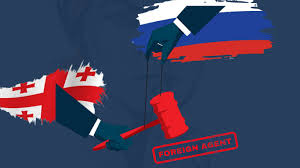
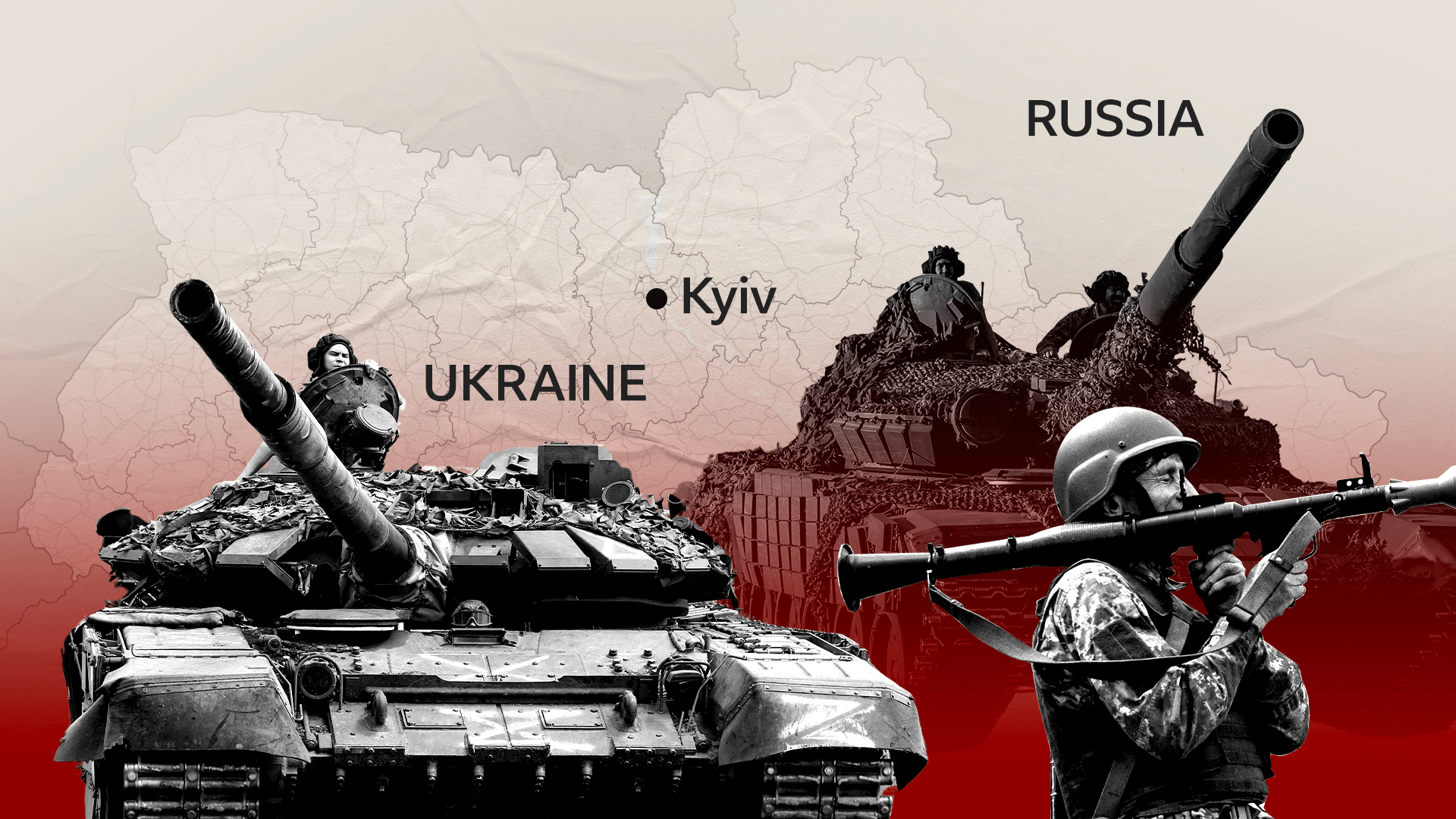

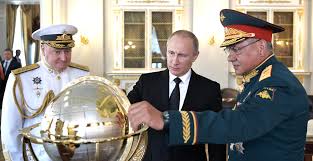

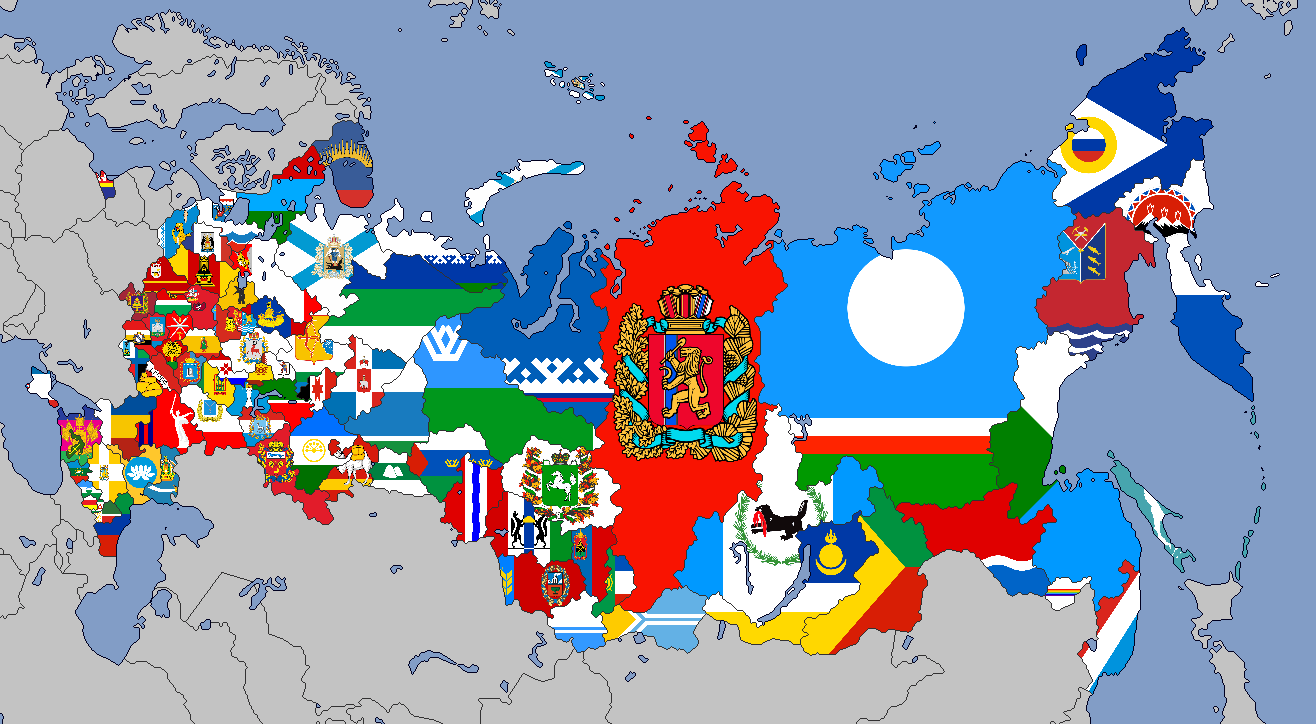
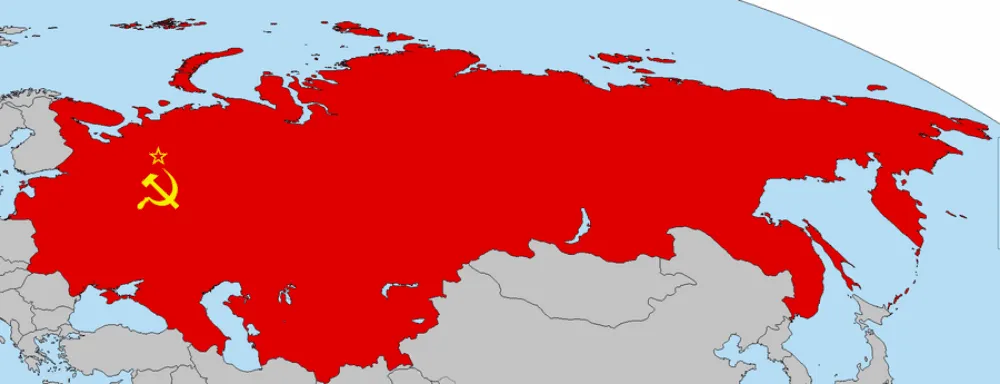
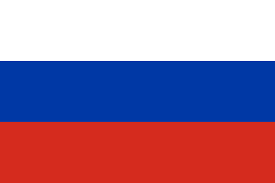
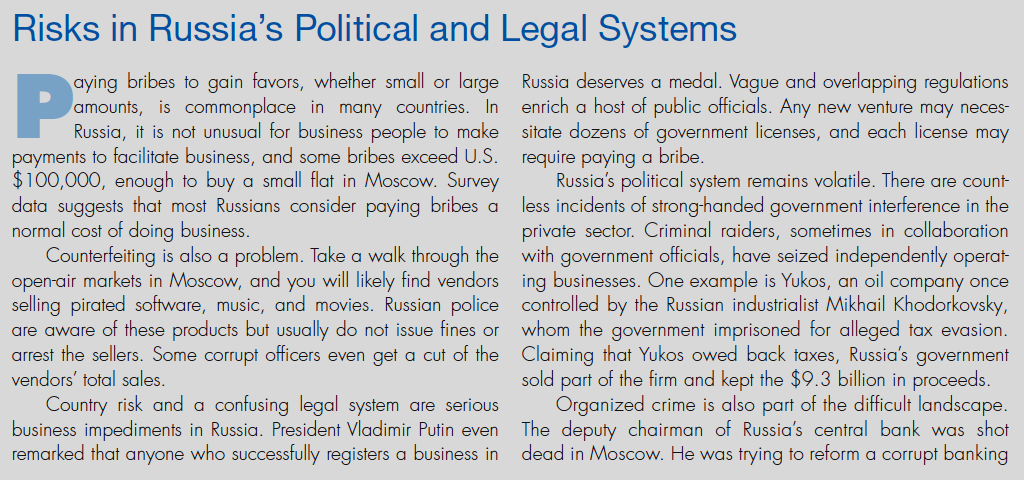
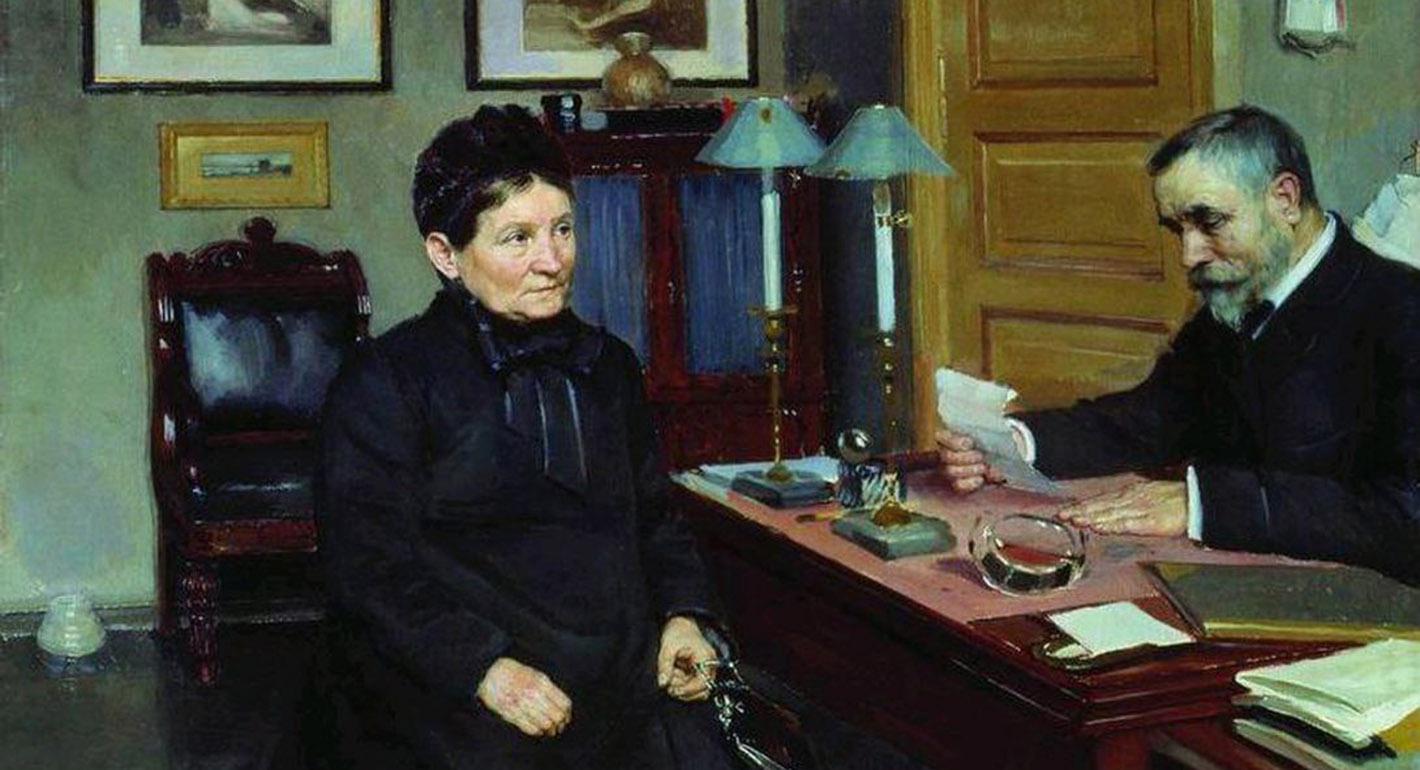
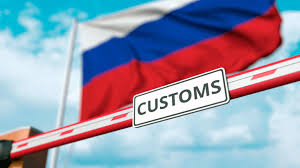
Leave a Reply